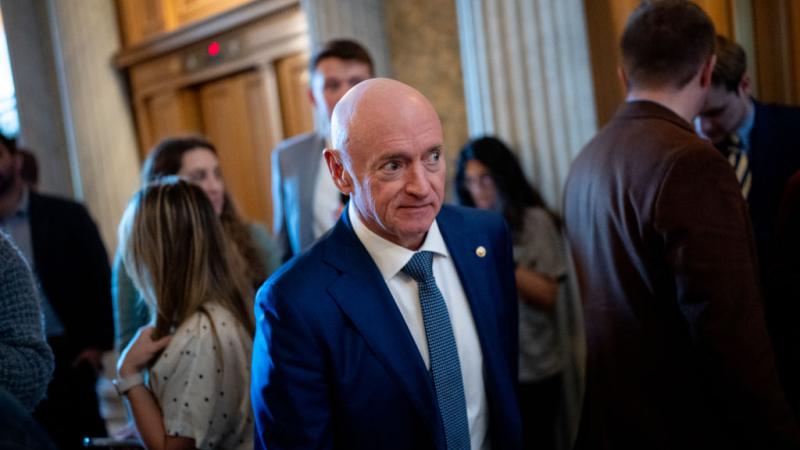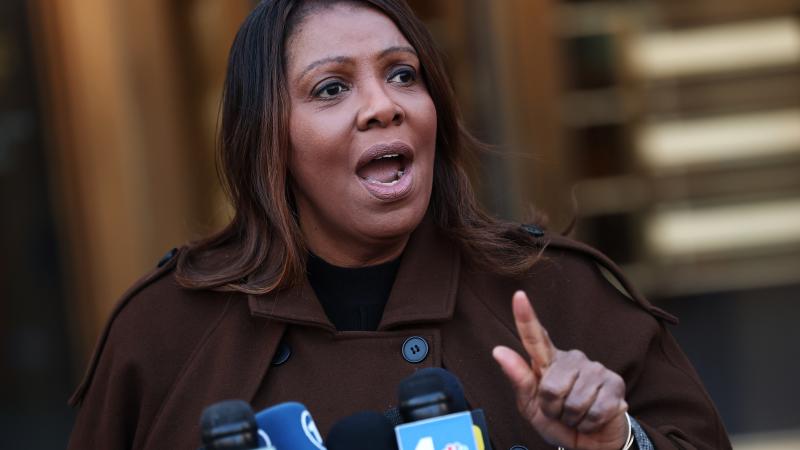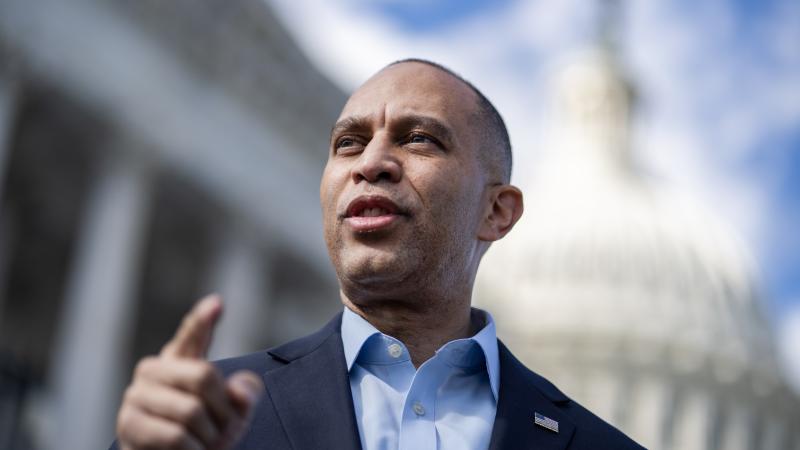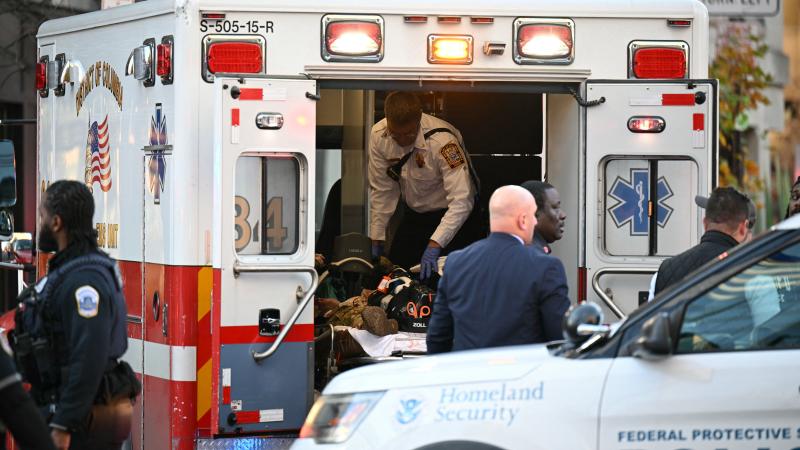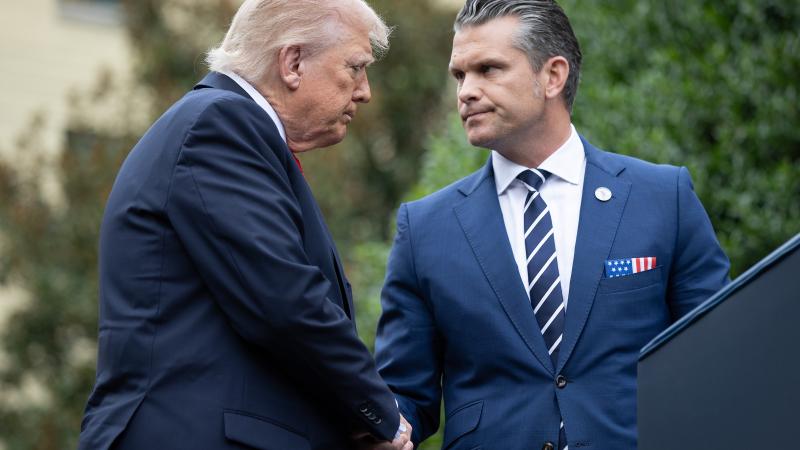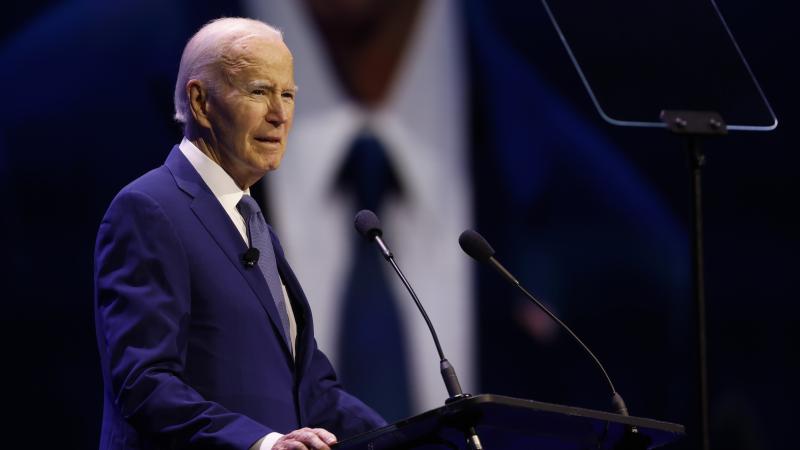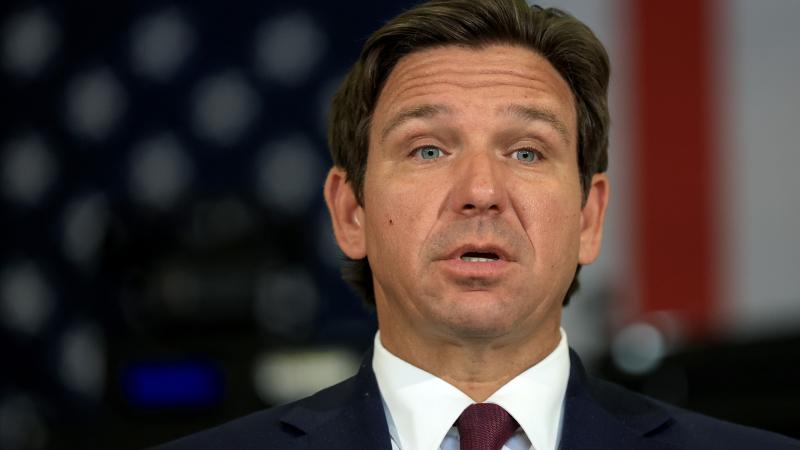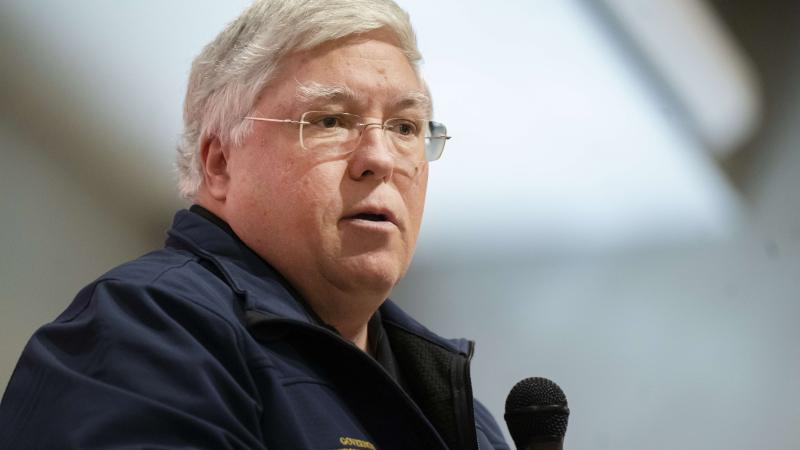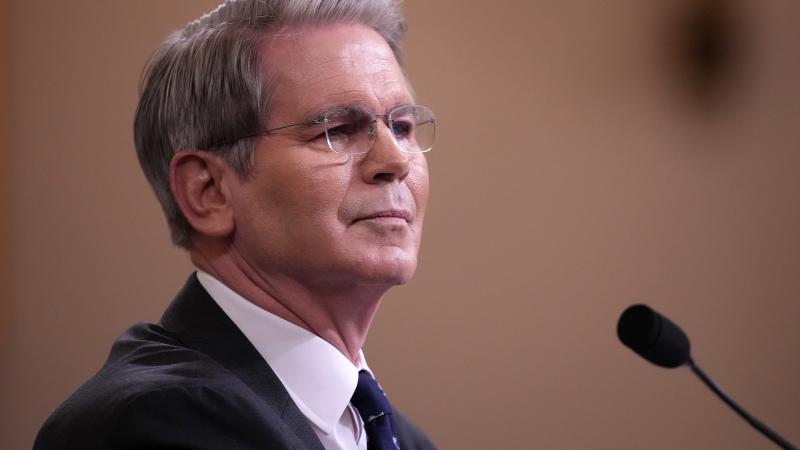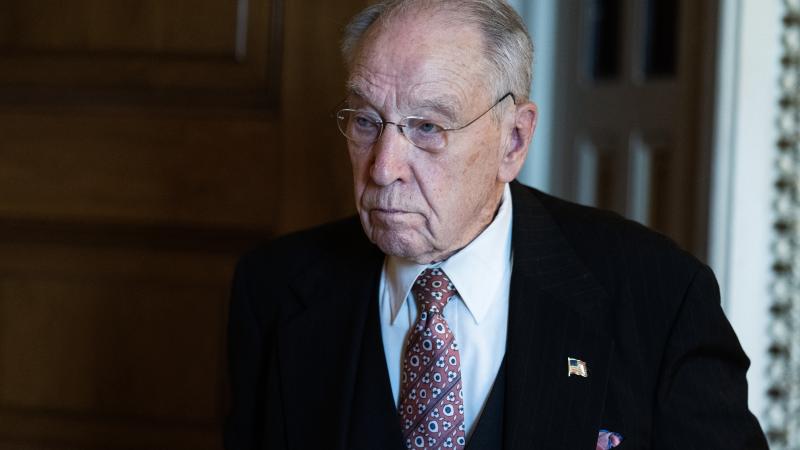Policy group suggests another statute for courts to consider moving Trump's tariffs forward
A nonprofit group wants an appeals court to consider another trade statute as it evaluates legal challenges to President Donald Trump's sweeping "Liberation Day" tariffs.
(The Center Square) -
A nonprofit group wants an appeals court to consider another trade statute as it evaluates legal challenges to President Donald Trump's sweeping "Liberation Day" tariffs.
The America First Policy Institute wrote in a friend-of-the-court brief on Tuesday that a key law wasn't considered in a previous court decision that found Trump didn't have unilateral authority to impose tariffs.
"The stakes of this case are enormous," attorneys for the group wrote. "If allowed to stand, the ruling below threatens to eviscerate the foreign policy of the President of the United States and to deprive America of hundreds of billions of dollars in revenue. Before the judiciary renders a decision so consequential, it is surely essential that all relevant law be fully considered. That did not happen here."
Attorney Jed Rubenfeld, on behalf of America First, said "the single most relevant federal statute was not considered at all." He said the Tariff Act of 1930 expressly authorizes Trump's tariffs.
Rubenfeld wrote that Section 338 of the Tariff Act of 1930 gives the president the power to impose tariffs on any country in any amount up to 50%, when "the president shall find as a fact that any foreign country places any burden or disadvantage" on United States commerce. The attorney said no prior investigation or action by any agency is required.
Trump announced reciprocal tariffs on nearly all U.S. trading partners on April 2, which he dubbed "Liberation Day," for American trade. Seven days later, Trump suspended those higher rates for 90 days to give his trade team time to cut deals.
States and small businesses have challenged those tariffs in court. The three-judge panel on the U.S. Court of International Trade unanimously ruled that Congress did not give the president tariff authority under the International Emergency Economic Powers Act of 1977. The ruling voided Trump's "Liberation Day" tariffs and struck down other tariffs Trump issued under the IEEPA.
An appeals court ruled earlier this month that the "Liberation Day" tariffs can remain in place while the legal challenge over his authority to impose import taxes continues. The Federal Circuit Court of Appeals set oral arguments for 10 a.m. on July 31.
The businesses, represented by the Liberty Justice Center, said their livelihood is on the line. The businesses included VOS Selections, a New York-based wine and spirit importer.
"An eventual refund is of little comfort to the VOS Plaintiffs, who face imminent irreparable harm, including existential threats of bankruptcy and permanent damage to their business, whether by reputational damage, loss of goodwill, or harm to relationships with suppliers and customers," Liberty Justice Center attorneys wrote. "What good is a refund of the tariffs paid to a business that is bankrupt and no longer exists?"
The Liberty Justice Center attorneys said, "Small businesses are particularly vulnerable, as they are less equipped to absorb these extra costs. Close to two-thirds of small businesses have reported that tariffs and other trade issues would hurt their businesses."
Economists, businesses and some publicly traded companies have warned that tariffs could raise prices on a wide range of consumer products.
Trump has said he wants to use tariffs to restore manufacturing jobs lost to lower-wage countries in decades past, shift the tax burden away from American families, and pay down the national debt.
A tariff is a tax on imported goods paid by the person or company that imports them. The importer can absorb the cost of the tariffs or try to pass the cost on to consumers through higher prices.
Trump's tariffs give U.S.-produced goods a price advantage over imported goods, and they generate revenue for the federal government.
